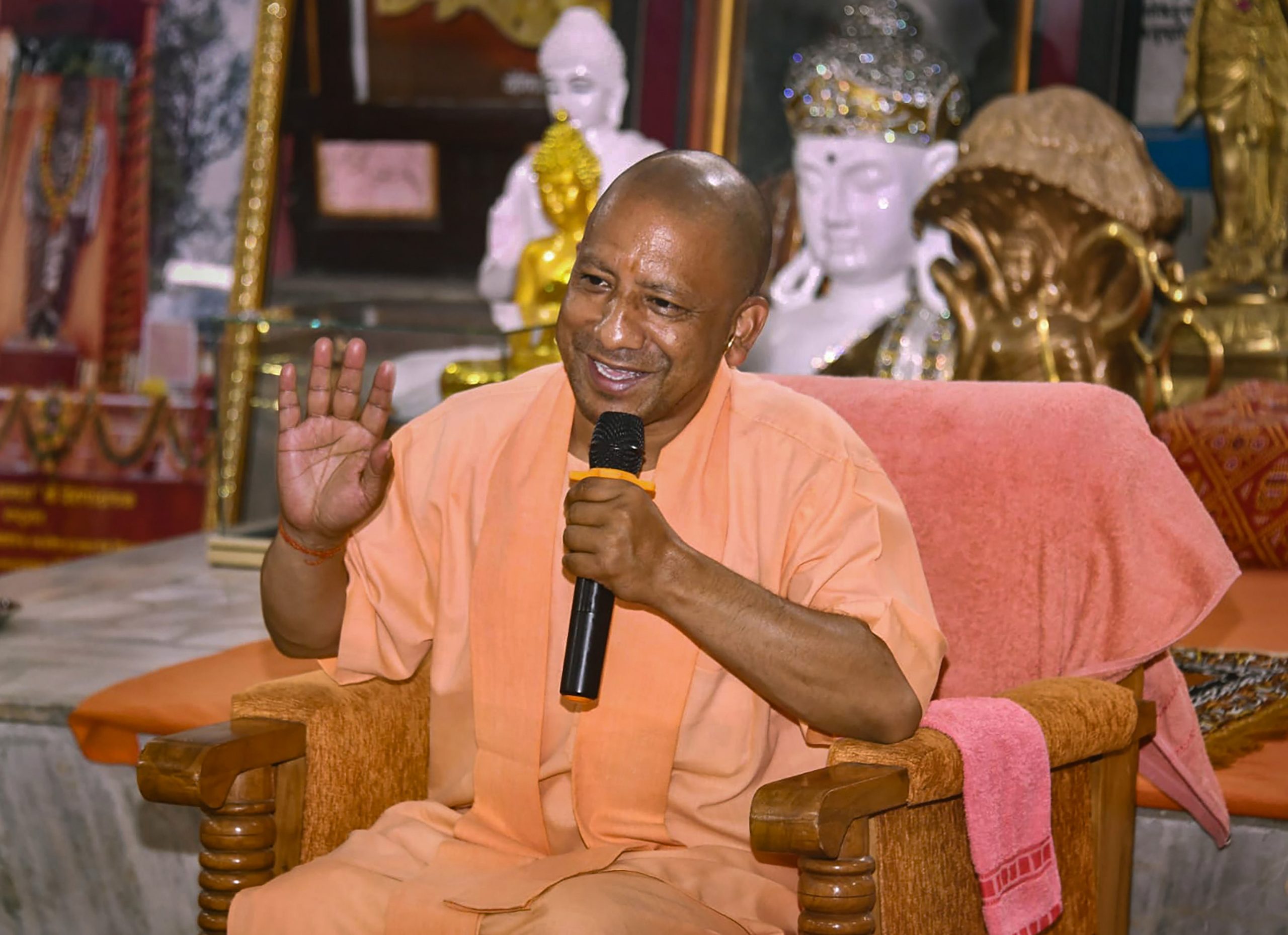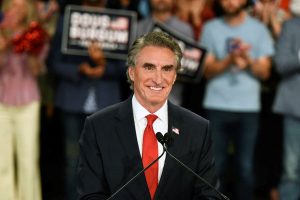Yogi Adityanath, the mahant-turned-chief minister, is likely to have made history on Thursday, becoming the only CM set to return to power in Uttar Pradesh in over three decades. India’s biggest state, Uttar Pradesh regularly votes out the incumbent government every term. But, the Bharatiya Janata Party (BJP) has bucked the trend. According to current trends, the BJP is set to return to power in the 403-seat UP Assembly with a massive mandate, albeit lower than what it had in 2017.
Also Read: Election results 2022: List of BJP CM face in Uttar Pradesh, Goa, Uttarakhand, Manipur
Who is Yogi Adityanath?
The 50-year-old monk has been a Member of Parliament from the Gorakhpur constituency since 1998. He is also the head priest of the Gorakhnath Math, a Hindu temple in Gorakhpur, a position he has held since his father, Mahant Avaidyanath’s demise in 2014. Yogi is also the founder of Hindu Yuva Vahini, a Hindu Nationalist organisation.
After BJP’s landslide victory in the 2017 elections, the names of Rajnath Singh, Keshav Prasad Maurya, and Dinesh Sharma started doing the rounds as possible CM choices. The party ultimately chose Yogi Adityanath to run India’s most populous state, in what was termed a “surprising move” by political observers.
2022 elections
This was Yogi Adityanath’s first Assembly election. Poll trends showed that he was heading for a landslide victory and leading by around 31,000 votes from Gorakhpur Urban seat as of 2 pm on Thursday and did not seem to be getting much fight from rivals.
Initially, there was confusion about the party’s face from Gorakhpur with rumours doing the rounds that Yogi Adityanath may contest from Ayodhya. The rumours were, however, dismissed by the party and he was eventually given his “safe seat.”
He proved to be a star campaigner, holding 131 rallies and roadshows in the state, which seemed to have worked in the party’s favour.
Following Thursday’s early trends, several BJP leaders lauded him for effectively implementing welfare policies and providing efficient and clean governance.







